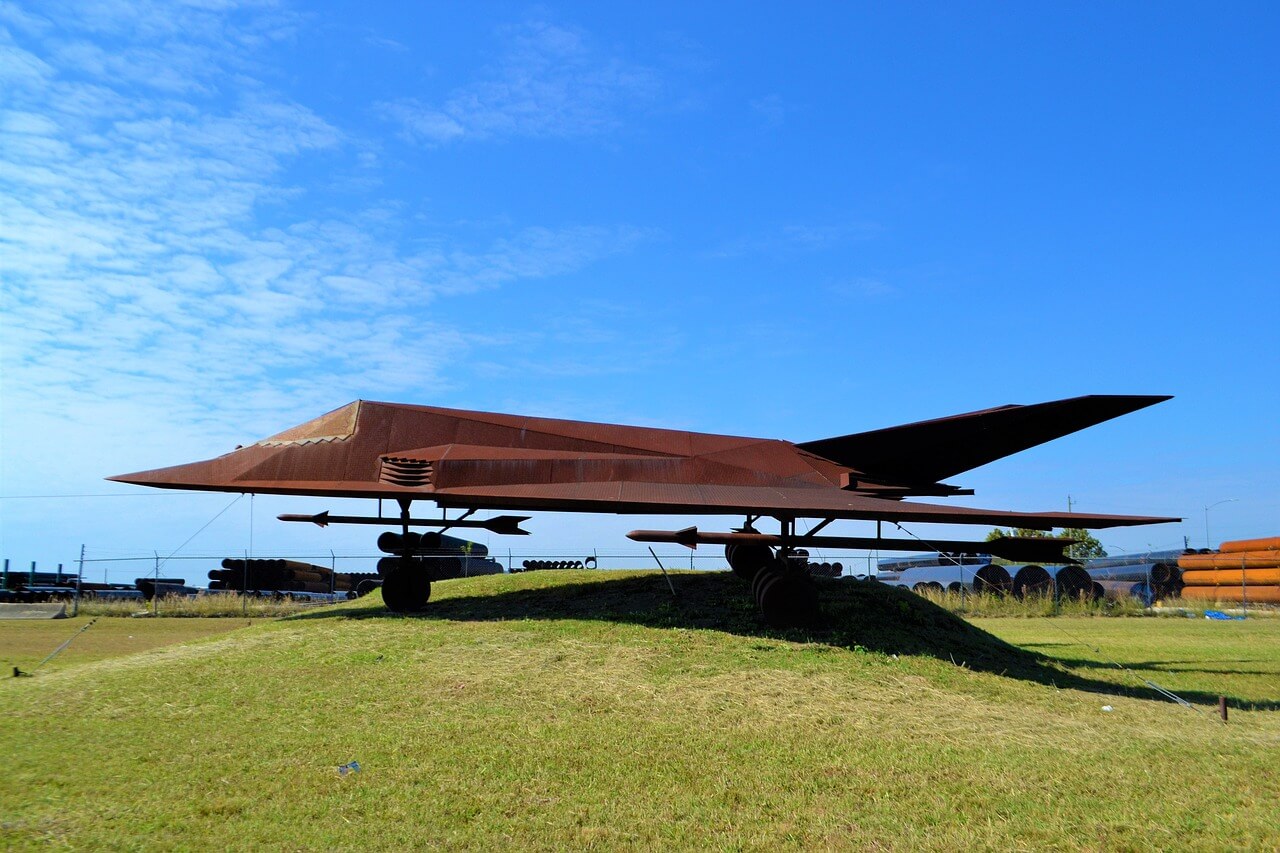High-quality oils can make airplanes work better and last longer. These special oils don’t wear out fast and are perfect for airplane engines’ tough requirements. When used in planes, these top-notch oils boost the engine’s performance, put off needed repairs, and lessen the chances of the engine breaking down. Top-quality oil is very important for safe flights. As airplane technology gets better, so will the need for premium oils.
Table of Contents
Enhanced Engine Performance
When airplane engines are run using premium oils, they function better. These special lubricants are designed to lessen wear and friction, enabling engines to run smoothly and effectively. High-quality oils help increase power output and fuel efficiency by decreasing internal resistance improving overall flight performance and responsiveness. Furthermore, these oils’ exceptional lubricating qualities support the preservation of ideal engine conditions, guaranteeing dependable performance even in the most taxing of flying circumstances. Purchasing premium oils is crucial to maximizing engine performance and reaching the highest level of aircraft performance.
Improved Lubrication and Wear Protection
Top-grade oils offer better smoothness and anti-wear cover for aircraft engines. These oils blend particular smoothing solutions with base oils and modern additives to stand up to the tough conditions in aviation. Using the right oils can lessen wear and add more years to valuable engine parts. This is done by stopping metal parts from rubbing together, cutting down friction on engine pieces, and making a solid shielding layer. These premium oils also defend against rusting and heat decay, assuring steady performance under stern pressure and high-heat situations. With this improved smoothness and protective covering for wear, aircraft operators can keep their engines working at their best. This prevents steep costs for fixing or replacing engines.
Extended Maintenance Intervals
High-quality oils in airplane engines can extend maintenance times. They shield and aid the plane’s parts in working better for a long time, which means less need for frequent checks and repair jobs. Oils of excellent quality help vital engine parts like bearings, pistons, and valves last longer by cutting down wear and keeping the engine in great shape. Due to this, fewer checks and fixes are required, and airplanes don’t stay grounded for too long. Longer gaps between maintenance aid airline operators in lessening the overall upkeep costs while making their planes more trustworthy.
Resistance to High Temperatures and Pressures
High-quality oils are exceptionally resistant to high temperatures and pressures encountered in aviation. These special lubricants are made to function dependably under harsh operating circumstances, like high-speed flights and large loads. High-quality oils, such as Phillips 66 aviation oils, guarantee consistent lubrication and protection for aviation engines, even in the most demanding circumstances, by preserving viscosity and stability under heat and pressure. Engine performance and dependability are maintained by this tolerance to high temperatures and pressures, which helps stop oil breakdown and viscosity loss. Aircraft operators can rely on their engines to run safely and effectively for the duration of their service lives because of the outstanding thermal stability of these oils.
Compatibility with Engine Components
A large variety of engine components present in aircraft are compatible with high-quality oils due to their formulation. These lubricants are meticulously designed to satisfy the demands and specifications of various engine types and manufacturers. Operators can guarantee correct lubrication and protection without running the risk of compatibility problems or engine damage by utilizing premium oils that are authorized for particular aircraft engines. To ensure these oils are compatible and work as intended, they also undergo stringent certification and testing procedures, giving aircraft owners peace of mind. Operators can lower the chance of malfunctions or breakdowns during flight by maintaining the integrity and dependability of their aircraft engines with suitable, high-quality oils.
Environmental Considerations
Environmental variables should be considered when choosing premium oils for aircraft engines. By lowering pollutants, prolonging engine life, and increasing fuel efficiency, these lubricants are made to have as little adverse effect as possible on the environment. Aircraft operators can decrease their carbon footprint and adhere to strict environmental rules by utilizing low volatility and reduced environmental impact premium oils. High-quality oils can also be made with base oils and biodegradable additives to lessen their environmental impact. Aircraft operators can minimize their ecological footprint and promote sustainable aviation practices by prioritizing environmental issues when selecting oils.
Conclusion
In conclusion, it is impossible to overestimate the influence that premium oils have on an aircraft’s lifespan and performance. These oils are essential for maintaining safe and effective flight operations since they do everything, from improving engine performance to prolonging maintenance intervals and withstanding high temperatures and pressures. By purchasing premium oils and prioritizing their application in aircraft engines, operators can maximize efficiency, save maintenance expenses, and promote environmentally friendly practices in the aviation sector.










